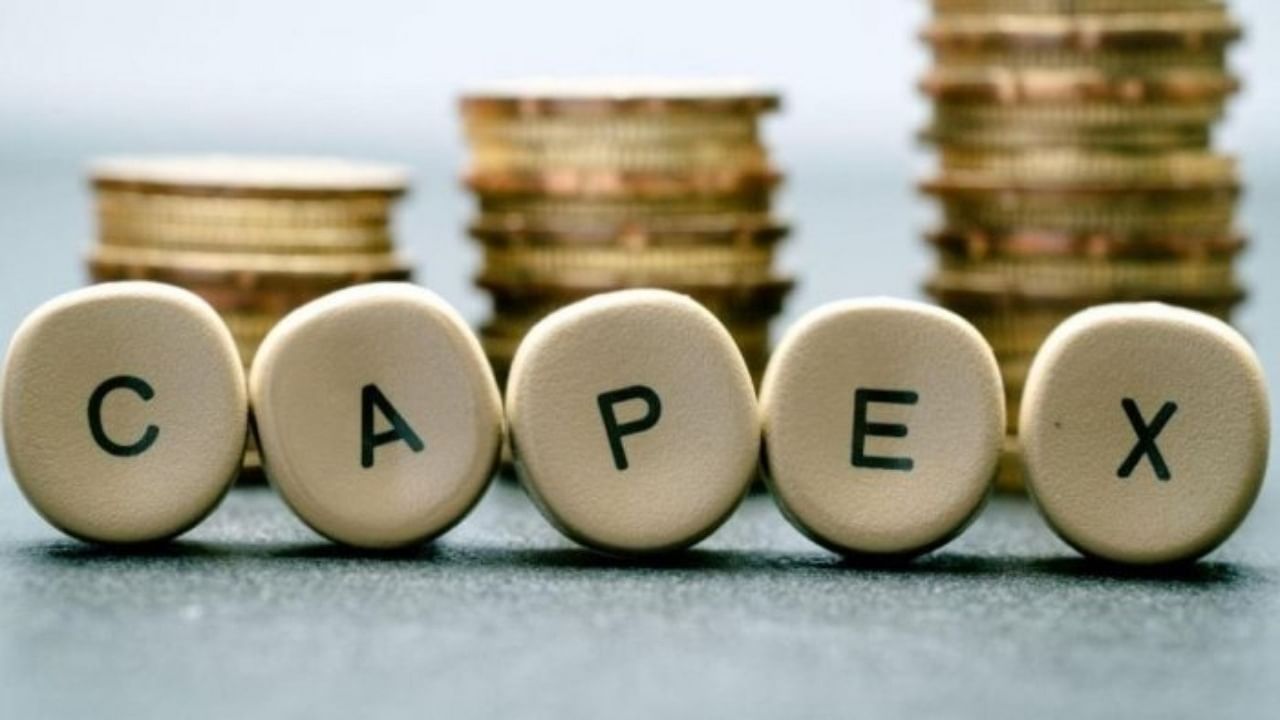
Union Finance Minister Nirmala Sitharaman told Parliament in her budget speech that the world has recognised the Indian economy as a “bright star”, an economy that has grown from the 10th to the 5th largest in the world in the last nine years. We must take some of this self-congratulatory tone in its stride – this is after all the last full budget before elections. An important feature of the budget is a massive increase in capital expenditure to Rs 10 lakh crore, a jump of 33 per cent. This is said to help build infrastructure, support growth and create jobs. What this means in simple language is that the government will borrow to spend for capital expenditure and thus help fire the economy as it desperately works to push employment. But if the economy has recovered from the pandemic, if this is indeed the “bright star”, and if growth is because of domestic consumption and less dependent on external factors, then the capex should come from the animal spirits of the private sector, not the strained resources of the Centre. Further, the government in that case should aim for a sharper fiscal consolidation because a growing economy should drive greater revenue collections and help balance the fisc better.
It is true that the government has kept fiscal deficit down, projected at 5.9 per cent of GDP against 6.4 per cent of GDP in 2022-23. This is a signal that the government wants to walk the path of fiscal consolidation, albeit a weak signal that sits at odds with the optimistic presentation of a robust recovery in India. This is the internal contradiction that is less discussed as attention is focused on small giveaways in income tax slabs that get the most attention from the middle class.
There may be uncomfortable questions also on continuing for one more year the 50-year interest-free loans for state governments. The investment push was required during 2022-23 as that was a year of uncertainty with large downside risks for prudent fiscal management. However, continuation of the same when the economy is claimed to be in a strong recovery phase is against sound fiscal management. This is the central government engaging itself in financial intermediation, something that the 12th Finance Commission had recommended to be discontinued. Fiscal consolidation is not about a number pulled out of the hat for convenience. It must be the baseline to which the spring of the national economy naturally falls back whenever it is pulled apart for the short term. That is why economists prefer a rule-based management of the fisc, with a prudent 3 per cent of GDP as fiscal deficit in the medium term being the target to be achieved and maintained to help drive sustainable growth. India remains far from that goal.